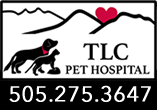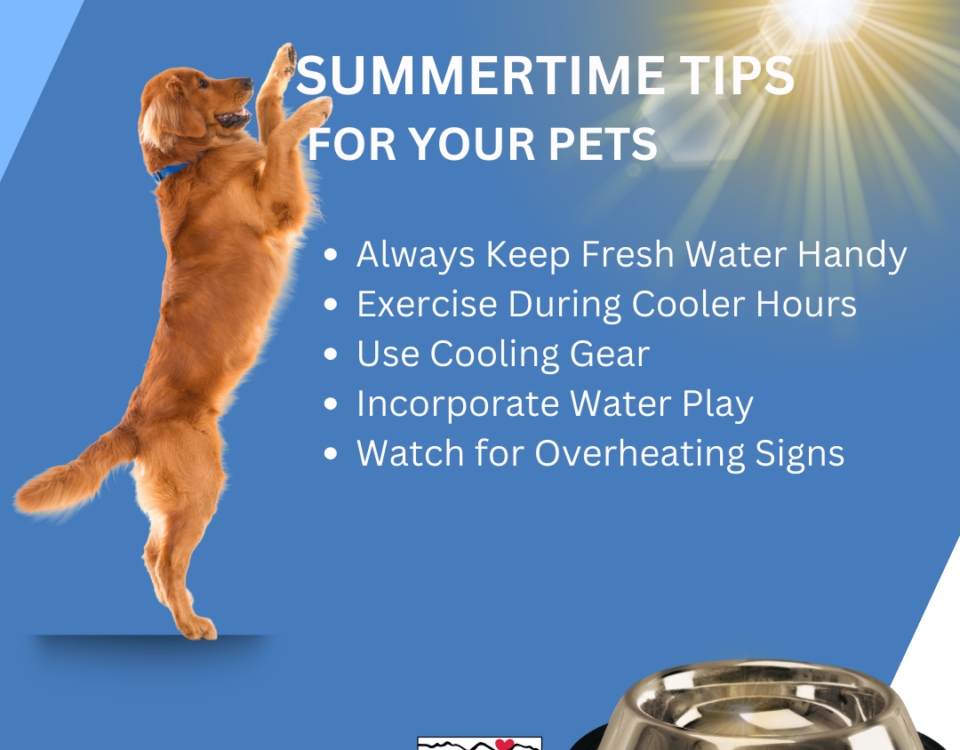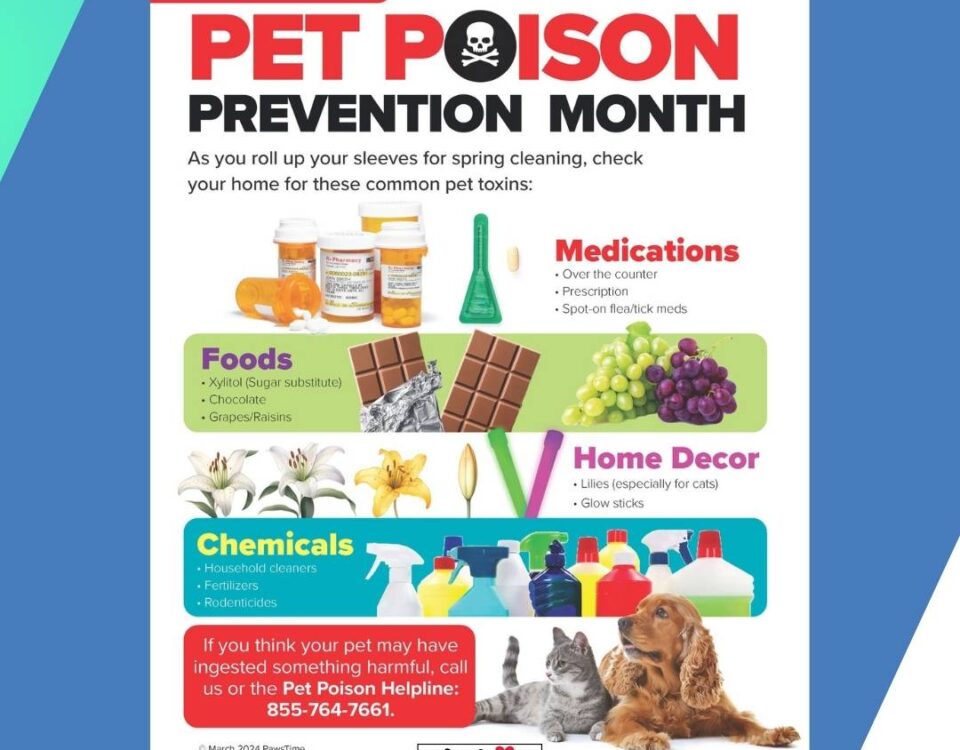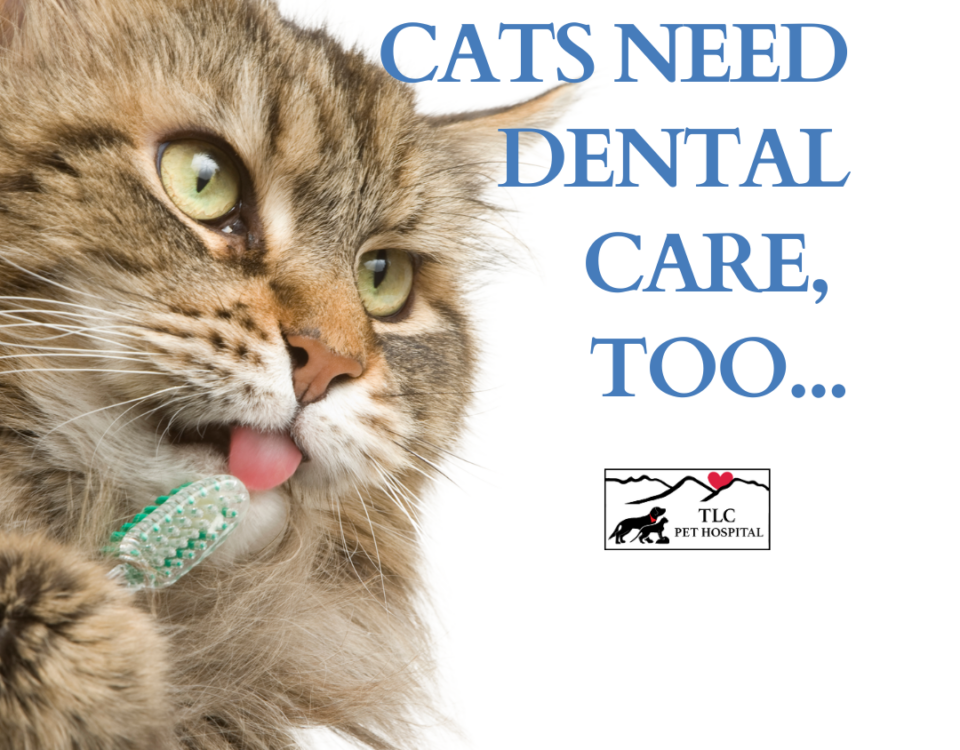Financing Your Pet’s Healthcare
December 12, 2011Buy your pet meds from us online
May 9, 2012February is National Pet Dental Health Month
02/01/2012 – As veterinary medicine continues to make advances in preventive health care for our companion animals, more and more veterinary clinics and hospitals have been trying to educate their clients on the importance of oral health. That is why there is now and entire month dedicated to reaching out and spreading the word to pet owners everywhere that our furry friends need dental care too.
Any cat lover knows that their kitty’s breath can certainly be something to cringe about. But how do you know if it’s just a normal cat breath or something to be concerned about? This question can sometimes be more difficult for cat owners to tackle as opposed to dog owners. Dogs pant regularly and, in general, have larger mouths than cats which can make it easier to spot a problem in the mouth early. Our feline friends however, do not usually pant or open their mouth wide, making regular visual checks a little bit harder. Here are a few recommendations for determining if your cat may be suffering from dental disease:
1) Schedule a visit with your veterinarian
While it is recommended that every pet have an annual exam done every year, if you suspect that your kitty may be having oral health issues, schedule and exam right away.
2) Attempt to look into your cat’s mouth
You can ease your cat into this by starting with just lifting the lip. If your cat is accepting of this, try to visually inspect all of the teeth, especially the back molars and premolars. Look for things such as noticeably bad breath, red and/or swollen gums, a yellow-brown crust of tartar around the gumline, or pain and/or bleeding when you touch the gums or parts of the mouth. These can all be signs of sometimes serious dental health issues.
3) Observe your cat while he or she eats.
Does your cat only chew on one side of the mouth? Does your cat seem to struggle with chewing? Does your cat drop food out of the mouth while attempting to chew? Does your cat suddenly refuse to eat hard food? All of these observable behaviors can indicate dental disease.
All of us at TLC hope this information is helpful in gearing you up to pay attention to your own cat’s dental health this month.



